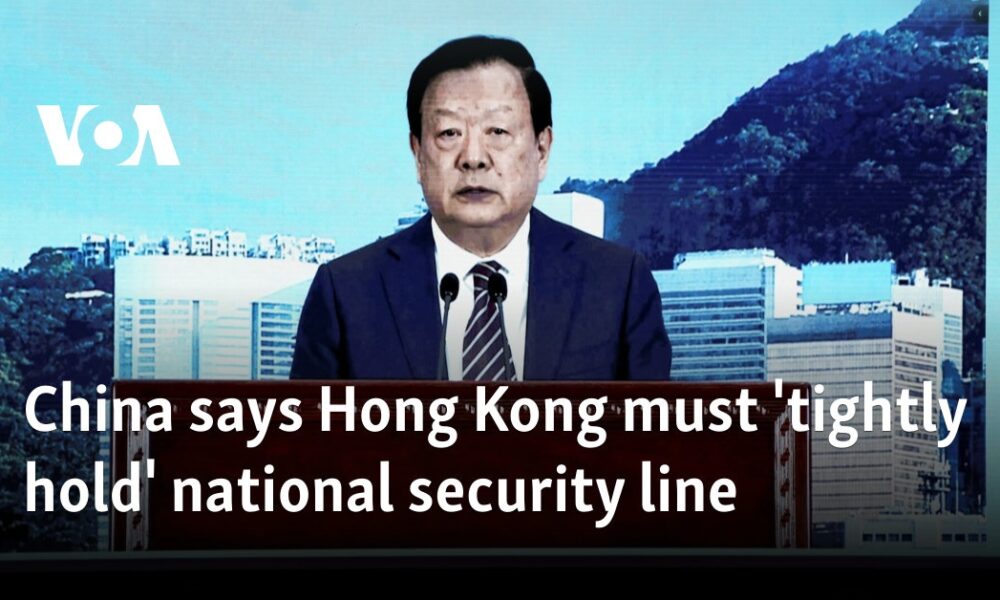
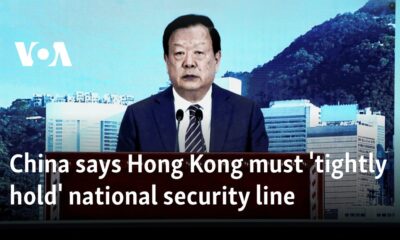

Hongkong – China’s top official responsible for Hong Kong said in a speech weeks after the sweeping new national security law was enacted that Hong Kong...



Matthew McConaughey opens with “Okay, okay, okay” Little did Matthew McConaughey know that his famous “Okay, okay, okay” movie line would follow him until late in...



In the Indian state of Telangana, a man desperately tries to get his brother back from the front lines after being tricked into working for Russia...


KUYANSK – “Stop the car and put on your body armor.” Zack, a former British paratrooper and machine gunner, leads us to a destroyed petrol station....
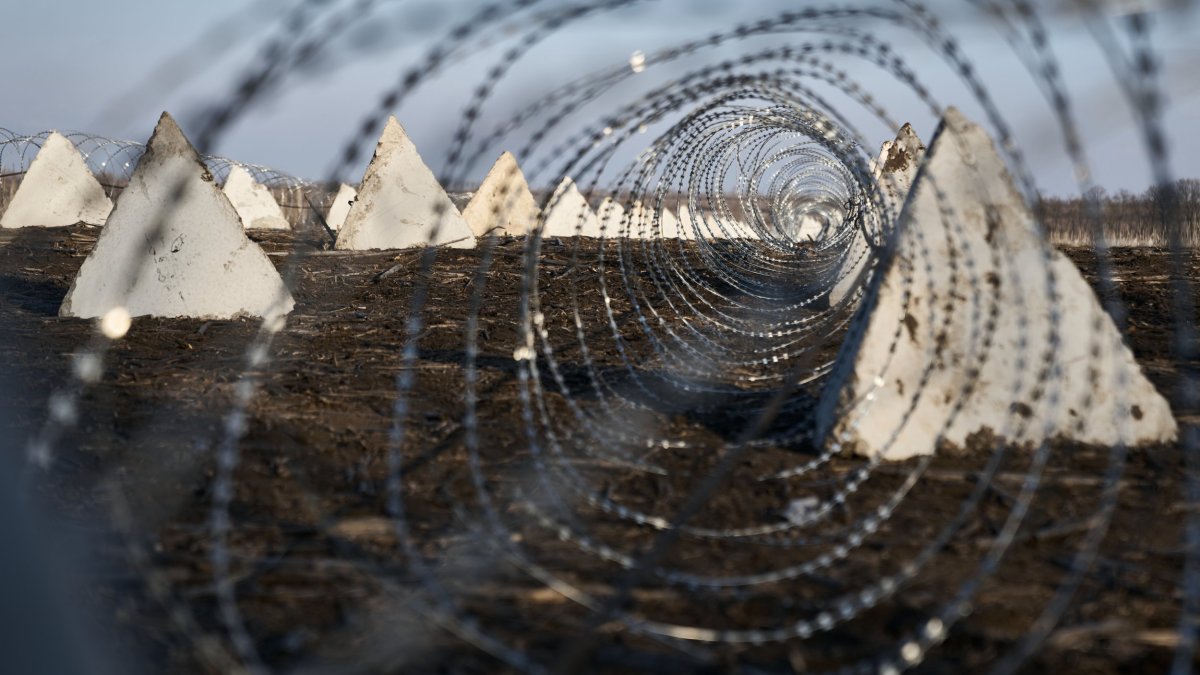

Ukrainian troops are scrambling to bolster frontline defenses ahead of an expected Russian offensive, with Kiev criticized for moving too slowly. President Volodymyr Zelensky said last...
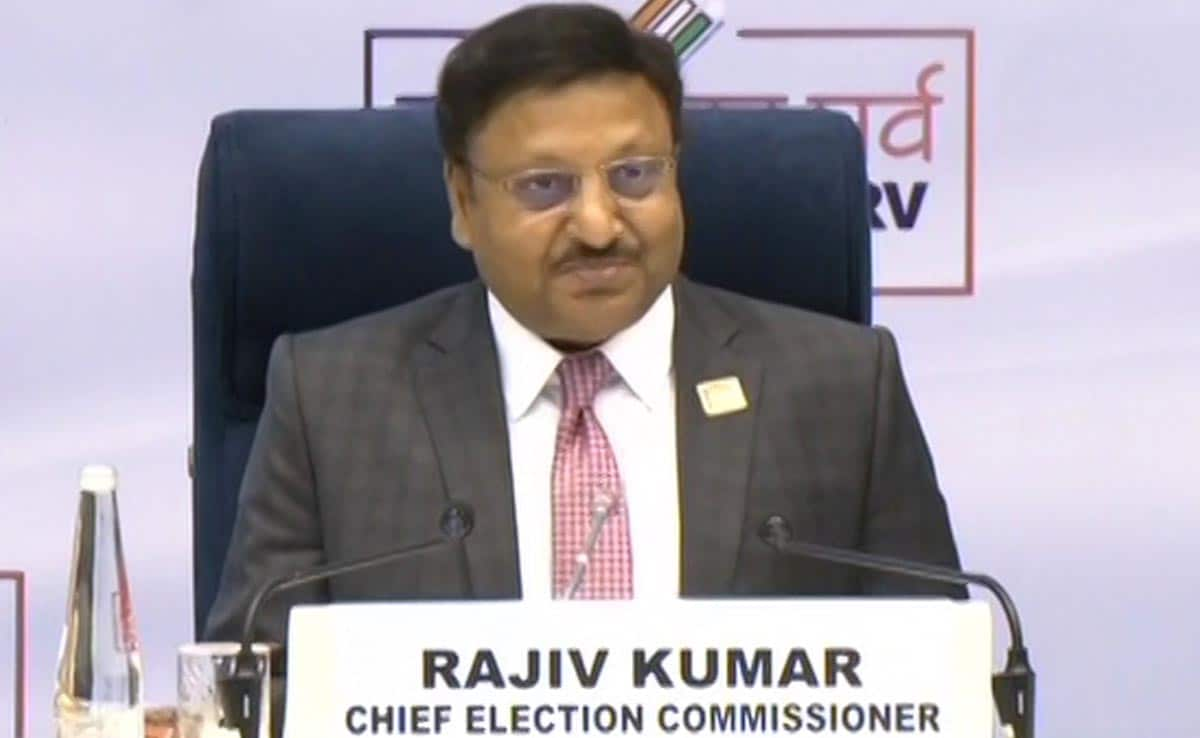

A key focus of the proposal is to ensure that hate speech does not exist. Chief Election Commissioner Rajiv Kumar stressed the importance of adhering to...
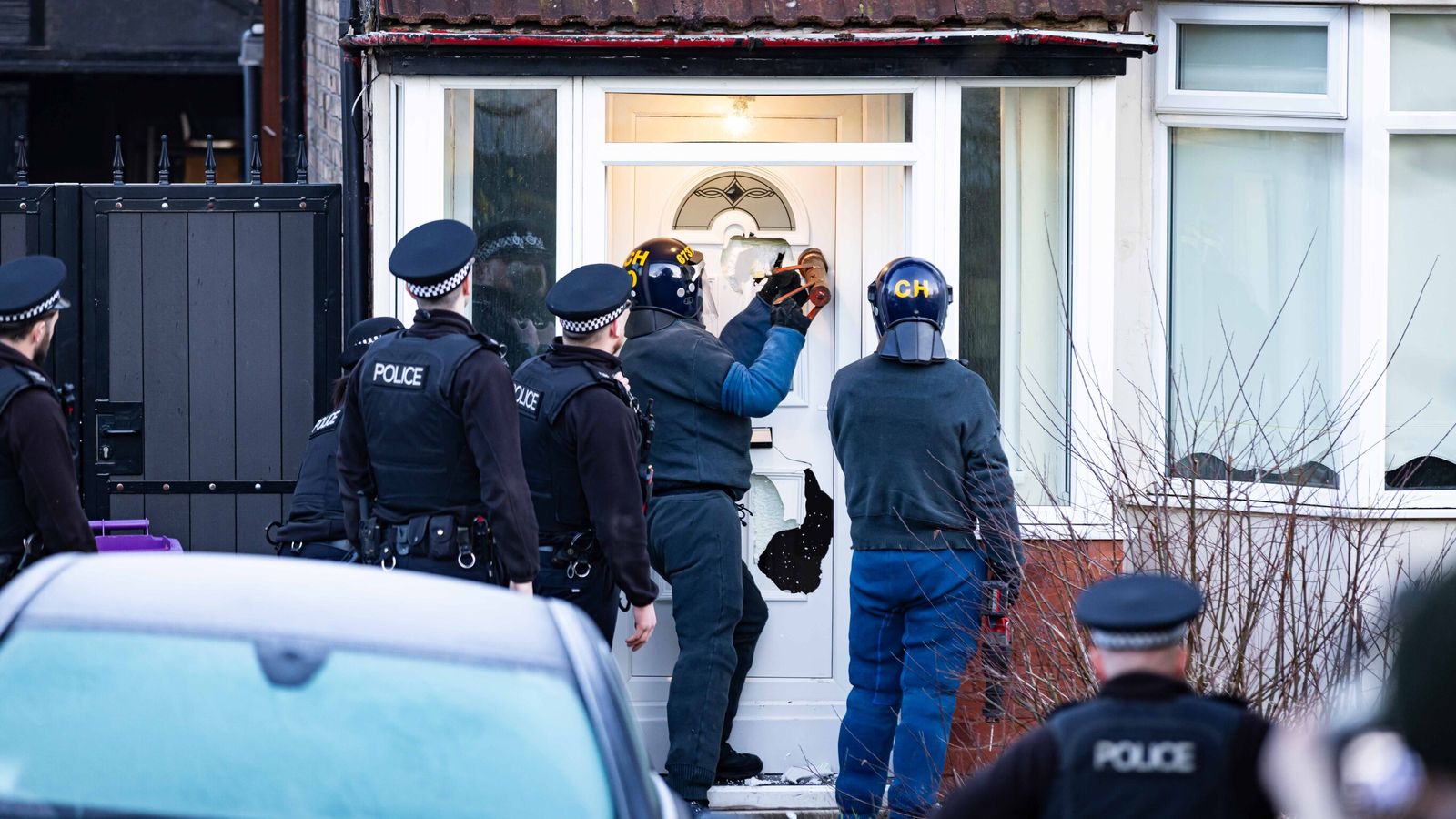

Eight XL bully dogs were seized along with hundreds of weapons and drugs worth millions of pounds during an operation against a county lines crime gang....


Ammunition shortages for Ukrainian frontline troops are worrying. Repeated delays in aid from Western allies, especially the United States, have significantly reduced the number of Ukrainian...


In an advisory, the Department of Health stressed the importance of paying attention to specific details Ever notice the red streak on some medicine packets? It’s...


Eighteen U.S.-produced self-propelled howitzers are part of the latest security aid package sent to Ukraine, worth about $800 million. The howitzer is part of a $1.2...